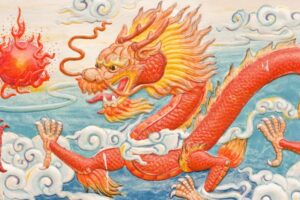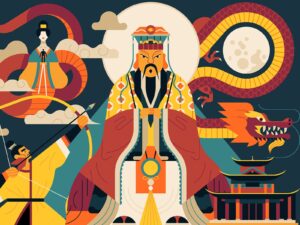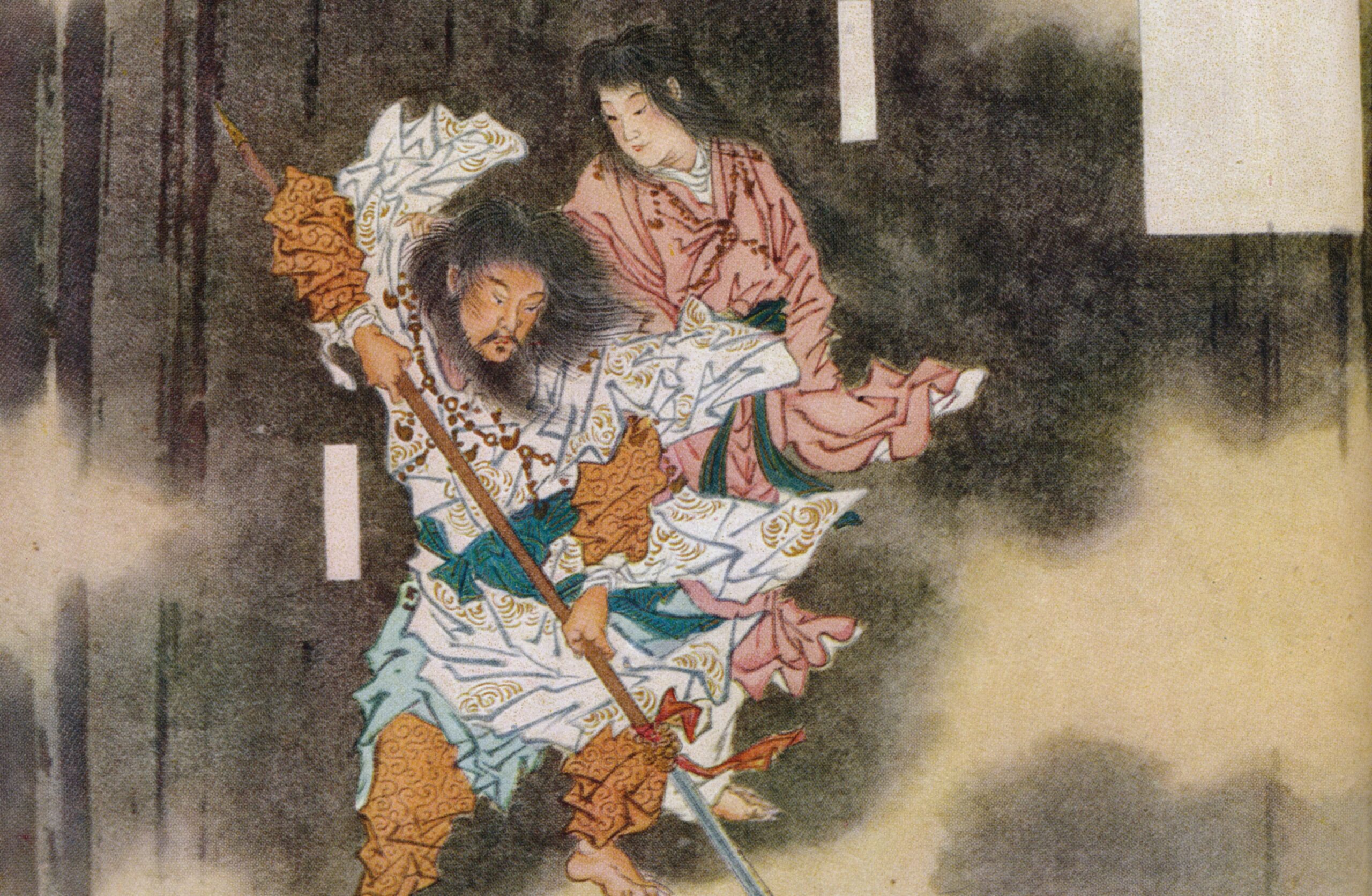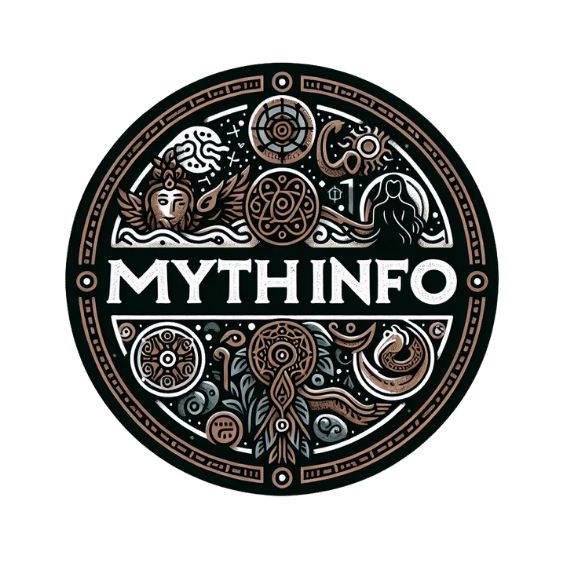
Asian mythology is a rich tapestry woven from the cultural, spiritual, and historical threads of diverse civilizations. Each myth offers a glimpse into the values, beliefs, and wisdom that have shaped the societies of the Asian continent. From the intricate tales of Hindu epics to the profound lessons of Chinese folklore, these stories are not only fascinating but also imbued with timeless wisdom.
The Diverse Landscape of Asian Mythology
Asia, the largest and most populous continent, is home to an array of mythological traditions. These traditions vary widely, reflecting the continent’s diverse cultures, languages, and histories. Some of the most prominent mythologies include:
- Hindu Mythology: Originating in the Indian subcontinent, Hindu mythology is replete with epic tales like the Mahabharata and the Ramayana. These stories are not just narratives but also convey moral and philosophical lessons.
- Chinese Mythology: Rich in symbolism and allegory, Chinese mythology includes legends like the creation story of Pangu and the heroic feats of figures such as the Monkey King, Sun Wukong.
- Japanese Mythology: With deities like Amaterasu, the sun goddess, and mythical creatures such as the kitsune (fox spirits), Japanese mythology offers a fascinating blend of Shinto and Buddhist influences.
- Southeast Asian Mythology: The mythologies of countries like Thailand, Indonesia, and the Philippines are a blend of indigenous beliefs and influences from Indian and Chinese mythologies.
Wisdom in Mythological Narratives
Asian myths are not merely stories; they are vessels of ancient wisdom. These tales often contain moral lessons and reflections on human nature and the universe.
Hindu Epics: The Mahabharata and the Ramayana
The Mahabharata, one of the longest epic poems in the world, explores themes of duty, righteousness, and the complexities of human relationships. Central to the Mahabharata is the Bhagavad Gita, a dialogue between Prince Arjuna and the god Krishna, which addresses the nature of duty and righteousness.
The Ramayana tells the story of Prince Rama, who embarks on a quest to rescue his wife, Sita, from the demon king Ravana. This epic emphasizes virtues such as loyalty, honor, and the triumph of good over evil.
Chinese Legends: The Wisdom of Laozi and Confucius
Chinese mythology often intertwines with the philosophical teachings of Laozi and Confucius. The Taoist philosophy of Laozi, as seen in the Daodejing, emphasizes living in harmony with the Tao (the Way), which is the natural order of the universe. Stories of Laozi often highlight the importance of simplicity, humility, and balance.
Confucianism, founded by Confucius, focuses on the importance of family, social harmony, and moral integrity. Mythological tales influenced by Confucian ideals often underscore the values of filial piety, respect for tradition, and ethical conduct.
Japanese Folklore: Lessons from the Kami
In Japanese mythology, kami (spirits or deities) are believed to inhabit natural elements such as mountains, rivers, and trees. These myths reflect a deep respect for nature and the belief in the interconnectedness of all living things.
One well-known story is that of Amaterasu, the sun goddess, who retreats into a cave after a quarrel, plunging the world into darkness. The other gods and goddesses lure her out by creating a commotion, ultimately restoring light to the world. This tale emphasizes the importance of community effort and the balance of light and darkness.
The Wonder of Mythological Creatures
Asian mythology is populated with an array of fantastical creatures, each symbolizing different aspects of the natural and supernatural world.
Dragons: Symbols of Power and Prosperity
In Chinese mythology, dragons are revered as powerful and benevolent creatures that control water, rainfall, and weather. Unlike the fearsome dragons of Western mythology, Chinese dragons are often seen as protectors and bringers of good fortune.
Kitsune: The Shape-Shifting Foxes
Japanese folklore features the kitsune, foxes that possess the ability to shape-shift into human form. Kitsune are both revered and feared, as they can be both protectors and tricksters. These creatures symbolize intelligence, cunning, and the blurred lines between the natural and supernatural realms.
Garuda: The Mighty Bird
In Hindu and Buddhist mythology, Garuda is a divine eagle-like creature known for its speed, martial prowess, and ability to traverse both the earthly and heavenly realms. Garuda is often depicted as a vehicle for the god Vishnu, symbolizing strength and vigilance.
The Timeless Appeal of Asian Mythology
The enduring appeal of Asian mythology lies in its ability to convey complex ideas and values through compelling narratives. These stories continue to resonate with people around the world, offering insights into the human condition and the mysteries of the universe.
As we delve into the tales of wisdom and wonder from Asian mythology, we uncover not only the cultural heritage of the past but also timeless lessons that remain relevant today. Whether through the heroic exploits of gods and goddesses or the moral dilemmas faced by ordinary humans, these myths remind us of the enduring power of storytelling to inspire, educate, and connect us across time and space.

